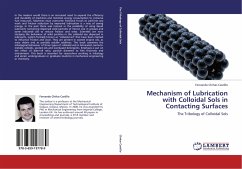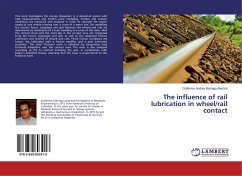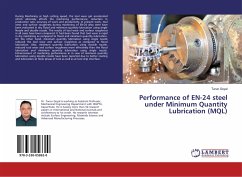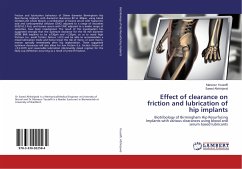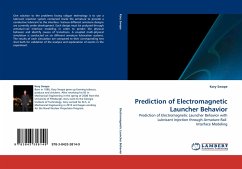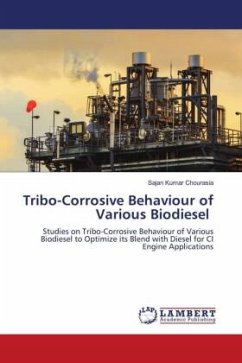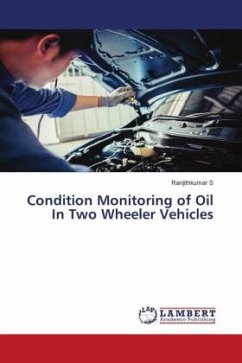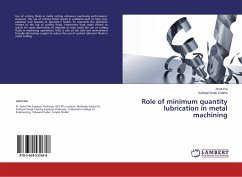In the modern world there is an increased need to expand the efficiency and durability of machines and minimize energy consumption to conserve fuel resources. Machines must overcome frictional forces to perform any work and friction reduction by improved lubrication is a way of saving energy. In the past there was interest in the possibility of using liquid lubricants containing dispersed solid particles of micron size in greases and some industrial oils to reduce friction and wear. Scientists are now studying the behaviour of solid particles in the colloidal size dispersed in lubricants, system formally known as colloidal sol that have been claimed to influence friction and wear. They are present in sooted engine oils, as wear debris and as partially soluble additives. This book examines the tribological behaviour of three types of colloidal sols in lubricated contacts: metallic colloids, sooted oils and overbased detergents. Emphasis is put on the effect of slide-roll ratio, particle diameter to film thickness and entrainment. This book is intended for researchers working in tribology and senior undergraduate or graduate students in mechanical engineering or chemistry.
Bitte wählen Sie Ihr Anliegen aus.
Rechnungen
Retourenschein anfordern
Bestellstatus
Storno

